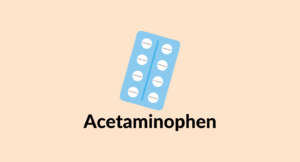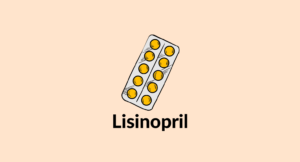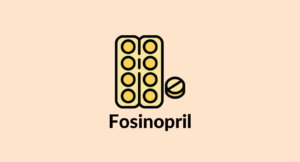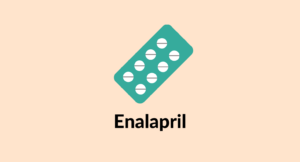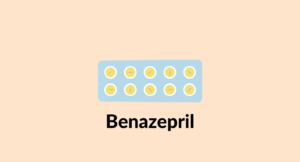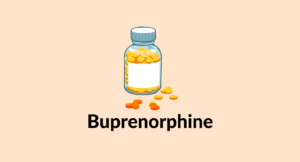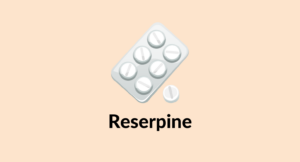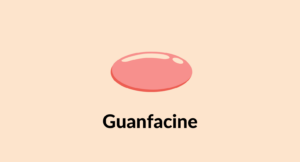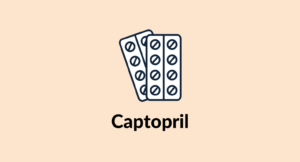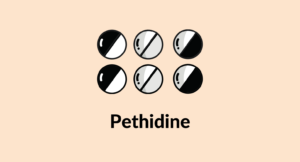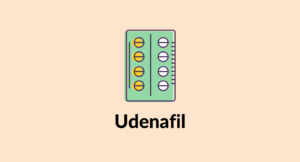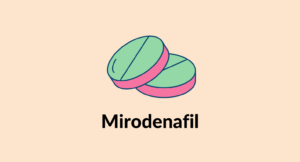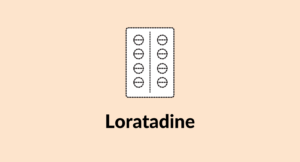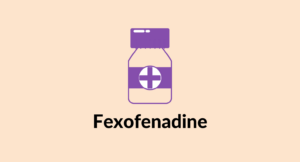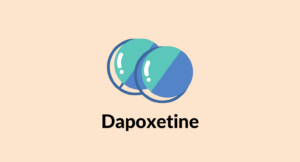Does CBD Interact With Cocaine?
Information on risks & possible interactions between CBD & cocaine.
CBD and cocaine have little in common — yet this combination is more common than you might think. Many people are taking CBD and cocaine to minimize some of the more uncomfortable side effects of the drug, but is it safe?
Learn about the potential interactions between CBD and cocaine and what to watch out for.
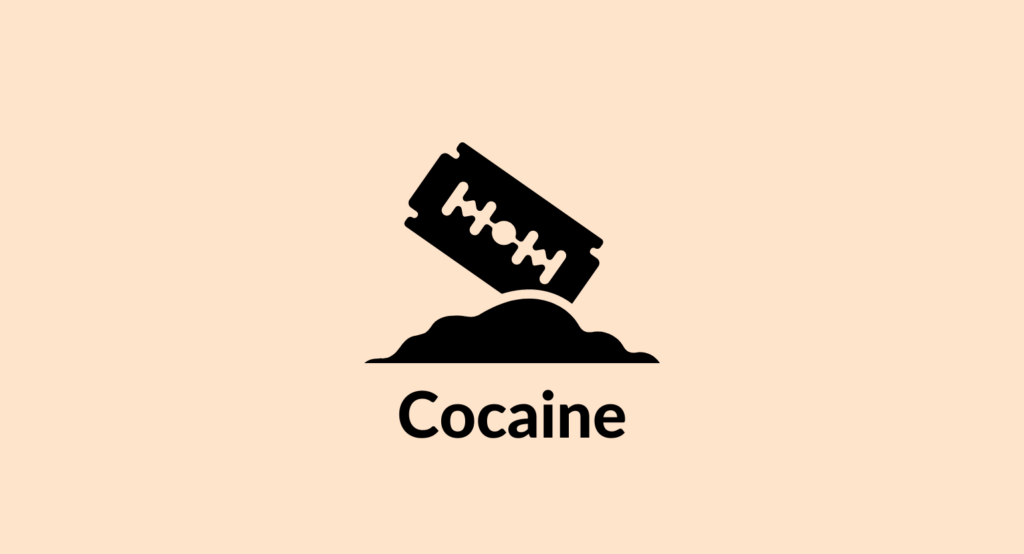
Does CBD Interact With Cocaine?
A study showed that using cocaine and cannabis can worsen the effects of cocaine [1]. Because both substances increase heart rate and blood pressure, they can cause stress in the heart, leading to an increased risk of heart attack or stroke.
It’s also possible that the relaxing effects of CBD may counteract some of the stimulating side effects of cocaine.
This combination is not well studied. Everybody reacts differently with this combination — some find side effects are improved, while others find they become worsened.
Is It Safe to Take CBD & Cocaine Together?
Because of the possible dangerous effects of the interaction between cocaine and cannabis, it’s best to avoid combining cocaine and CBD.
If you want to take CBD anyway, it is best to refrain from cocaine until it’s eliminated from the system before starting CBD.
CBD may have possible uses in lessening the effects of cocaine addiction or treating the side effects caused by cocaine. However, the studies are limited.
Nevertheless, using CBD with cocaine or any other stimulant drug must be done only under the proper prescription of a medical professional. If you notice any abnormal side effects, get medical attention immediately.
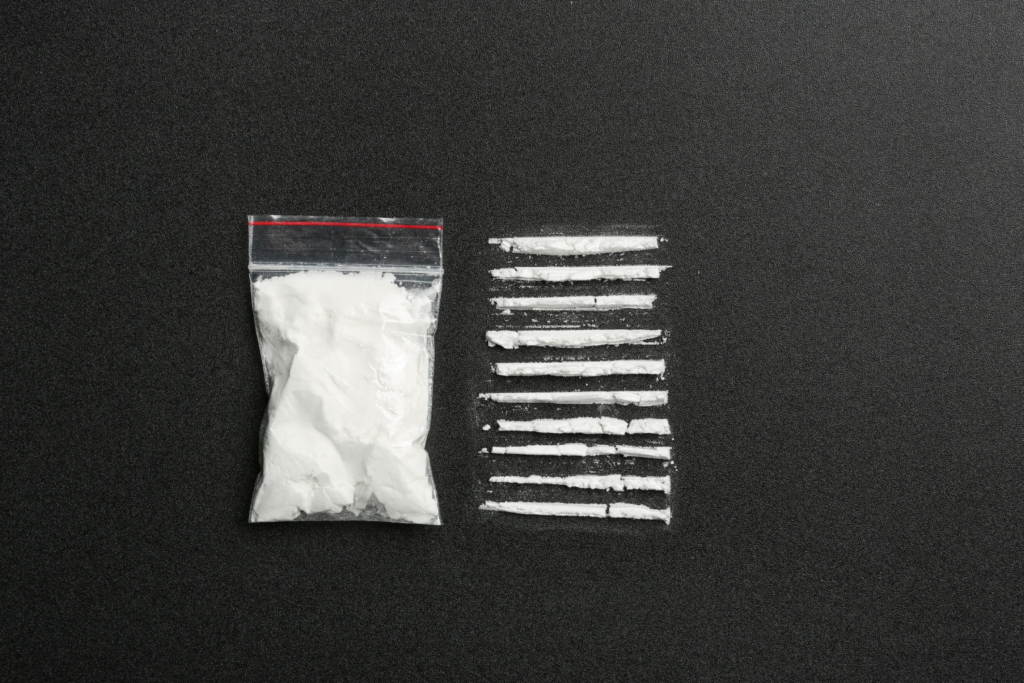
Is CBD a Viable Alternative to Cocaine?
CBD does not have psychoactive properties like other components of cannabis. However, it does have anxiolytic properties that may help curb the reasons for the misuse of various illicit drugs, including cocaine [2].
CBD may also help to treat the addiction to various addictive drugs [3].
A study shows that CBD effectively treats seizures and hepatic toxicity caused by cocaine [4].
CBD may help reduce the side effects of crack-cocaine addiction, including withdrawal symptoms, cravings, and others [5].
Currently, there are no approved medications that are available to treat cocaine addiction. The research regarding the use of CBD to treat cocaine addiction is also limited.
What Is Cocaine?
Cocaine is an alkaloid ester extracted from the coca plant. It is a psychostimulant drug and is used as a local anesthetic for some medical procedures.
However, cocaine has a notorious reputation as an illegal recreational and stimulant drug. It’s addictive and has many side effects.
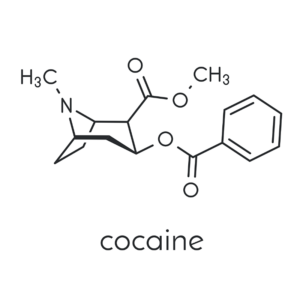
Cocaine Specs:
| Drug Name | Cocaine |
| Trade Name | Neurocaine, Goprelto, Numbrino |
| Other Names (other generics) | Coke, blow, crack |
| Classification | anesthetics, esters |
| CYP Metabolism | hCE1, intestinal CE (human CE2), and serum butyrylcholinesterase (hBuChE) |
| Interaction With CBD | Unknown |
| Risk of Interaction | Low to Moderate |
What Does Cocaine Do?
Cocaine is used as a local anesthetic in mucous membranes of oral and nasal structures or blocking their conduction. It does this by reversely binding to the sodium channels and then inactivating them.
Typically, these channels work by sodium influx which causes the depolarization of the nerve cell membranes. This action allows the impulse to travel. So inactivating them causes them to stop functioning.
Cocaine also acts on the reward pathway of the brain. Cocaine binds to the dopamine, serotonin, and norepinephrine transport proteins. After this, it prevents the reuptake of these substances into the presynaptic neurons. This action causes these substances to last longer, especially dopamine, causing a euphoric effect.
The users develop tolerance to cocaine even after a single use. This action causes dependence on the drug, making it addictive. Stopping this drug abruptly can cause withdrawal symptoms like depression, decreased libido, anhedonia, and fatigue.
Using cocaine during pregnancy is dangerous for both the mother and the baby. It can cause congenital malformations, preterm labor, miscarriage, placenta detachment, growth retardation, and even death in the fetus. It can cause acute pulmonary edema, seizures, cardiac arrhythmia, symptoms similar to pre-eclampsia, and sudden death in the mother. Cocaine can pass through breast milk, leading to a possible cocaine dependence on the baby and cause many side effects. So pregnant and breastfeeding mothers must abstain from using it.
Side Effects of Cocaine
- Anxiety
- Respiratory arrest
- Nausea
- Vomiting
- Chills
- Constricted pupils
- Tinnitus
- Slow heart rate
- Low blood pressure (hypotension)
- Cardiovascular collapse
- Cardiac arrest
- Palpitation
- Apprehension
- Restlessness
- Nervousness
- Disorientation
- Excitement
- Confusion
- Restlessness
- Tremors
- Fast heart rate
- Chest pain (angina)
- Sloughing of corneal epithelium
- Irregular heart rate
- Seizure
- Swelling
- Allergic reactions
Types of Drug Interactions With CBD
CBD can interact with other drugs. So it is vital to monitor it very carefully when taking it with other medications. CBD’s interaction with other drugs may worsen their side effects. Always be careful if you are using any meds alongside CBD, and be wary of the side effects.
There are three ways that CBD can interact with other drugs. They are:
1. Agonistic Interaction
Agonistic interaction happens when two medicines have the same effect on the body. They work on the same receptors causing effects in the same direction.
Examples of medications that could cause agonistic interaction with CBD are:
- Antidiabetic medications — These include GLP-1 receptor agonists, meglitinides, SGLT-2 inhibitors, sulfonylureas, and insulin, alpha-glucosidase inhibitors, DPP-4 inhibitors. CBD could increase the blood sugar-lowering ability of these medications.
- Anti-anxiety medications — These include drugs like benzodiazepines and barbiturates. CBD could make their effects last longer and cause many side effects.
- Antihypertensive Medications — These include central agonists, diuretics, ACE inhibitors, alpha-blockers, beta-blockers, calcium channel blockers, and angiotensin II receptor blockers. CBD can cause a drop in blood pressure while working alongside these medications.
2. Antagonistic Interaction
Antagonistic interaction happens when two drugs have effects opposite of each other. If taken together, one drug would cross out the impact of the other, causing a decreased efficacy of the second drug.
Drugs that have antagonistic interaction with CBD are:
- Immunosuppressants — These include azathioprine, mycophenolate cyclosporine, methotrexate, etc. CBD’s immune-stimulating properties may cause diminished effects of these drugs.
- Stimulants — These include amphetamine, modafinil. CBD can cause a drop in its effects.
- Immunomodulators — These include antihistamines like carbinoxamine, desloratadine, levocetirizine. CBD could enhance their sedative action.
- Asthma Medications — These include drugs like albuterol, fluticasone, montelukast, ipratropium bromide, and theophylline. CBD may hinder their abilities, especially that of theophyllines.
3. Metabolic Inhibition
Metabolic competitors are medications that need similar enzymes to break down the drug molecules. It leads to both drugs competing against each other, causing their metabolism to slow down.
These include medications like
- NSAIDs — These include ibuprofen, naproxen, and high-dose aspirin. CBD could make them last longer in the body.
- Opiate analgesics — These include morphine, codeine, hydrocodone. CBD could make them last longer in the bloodstream, creating complications.
- Antidepressants — CBD can make these drugs last longer in the body by diminishing their metabolism. Antidepressants include trazodone, mirtazapine, vortioxetine, and vilazodone, and others.
- Blood thinners — CBD could cause an increment in the action of warfarin, enoxaparin, heparin, and others that could be very unsafe.
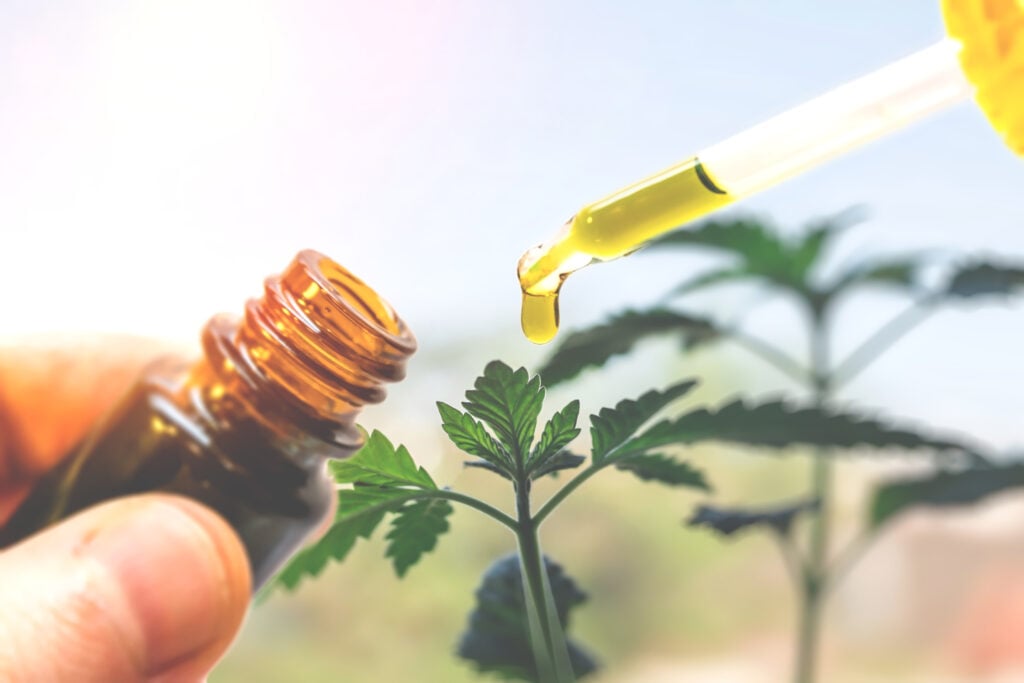
Key Takeaways: Is It Safe to Take Cocaine With CBD?
Cocaine is an illicit, addictive stimulant with many side effects, and it may worsen on being used with components of the cannabis plant, including CBD.
It is best to avoid using them together. The ideal way to consume them is to refrain from taking cocaine and then start CBD. You must first consult your doctor about this. If any concerns or side effects arise, contact your doctor immediately.
References
- Vilela, L. R., Gomides, L. F., David, B. A., Antunes, M. M., Diniz, A. B., Moreira, F. D. A., & Menezes, G. B. (2015). Cannabidiol rescues acute hepatic toxicity and seizure-induced by cocaine. Mediators of inflammation, 2015.
- Crippa, J. A. S., Derenusson, G. N., Ferrari, T. B., Wichert-Ana, L., Duran, F. L., Martin-Santos, R., … & Hallak, J. E. C. (2011). Neural basis of anxiolytic effects of cannabidiol (CBD) in generalized social anxiety disorder: a preliminary report. Journal of psychopharmacology, 25(1), 121-130.
- Prud’homme, M., Cata, R., & Jutras-Aswad, D. (2015). Cannabidiol as an intervention for addictive behaviors: a systematic review of the evidence. Substance abuse: research and treatment, 9, SART-S25081.
- Vilela, L. R., Gomides, L. F., David, B. A., Antunes, M. M., Diniz, A. B., Moreira, F. D. A., & Menezes, G. B. (2015). Cannabidiol rescues acute hepatic toxicity and seizure-induced by cocaine. Mediators of inflammation, 2015.
- Calpe-López, C., García-Pardo, M. P., & Aguilar, M. A. (2019). Cannabidiol treatment might promote resilience to cocaine and methamphetamine use disorders: a review of possible mechanisms. Molecules, 24(14), 2583.
Signup to our newsletter
Be the first to know about our newest arrivals and special offers!
